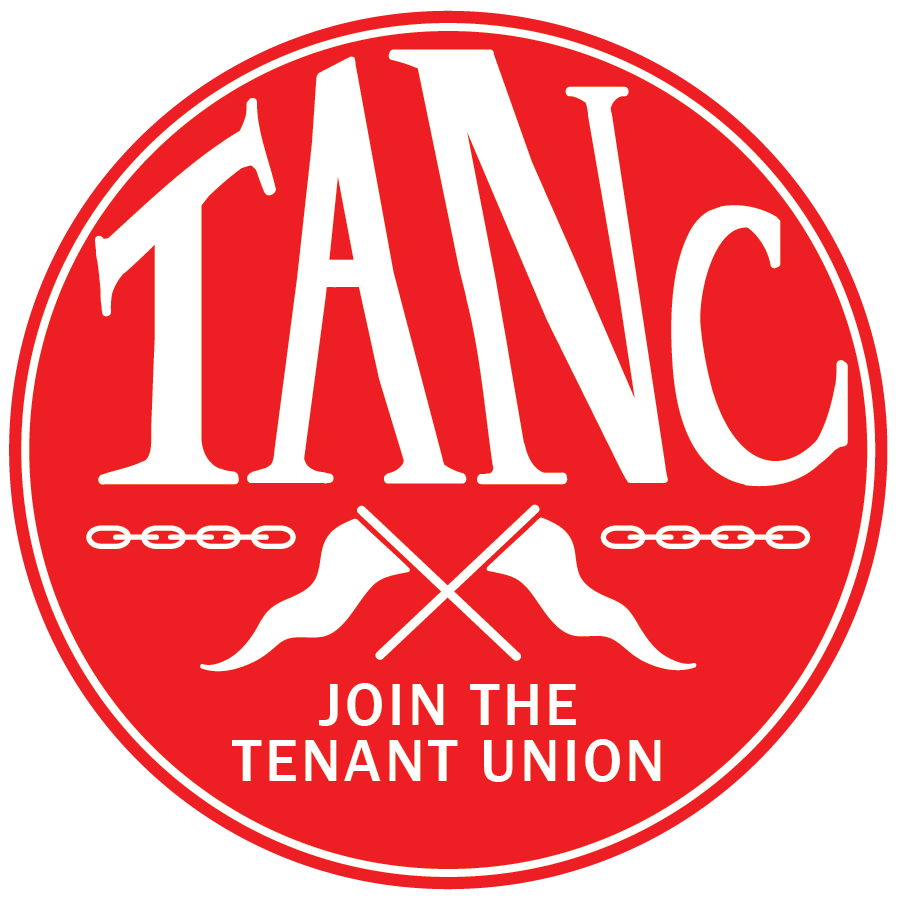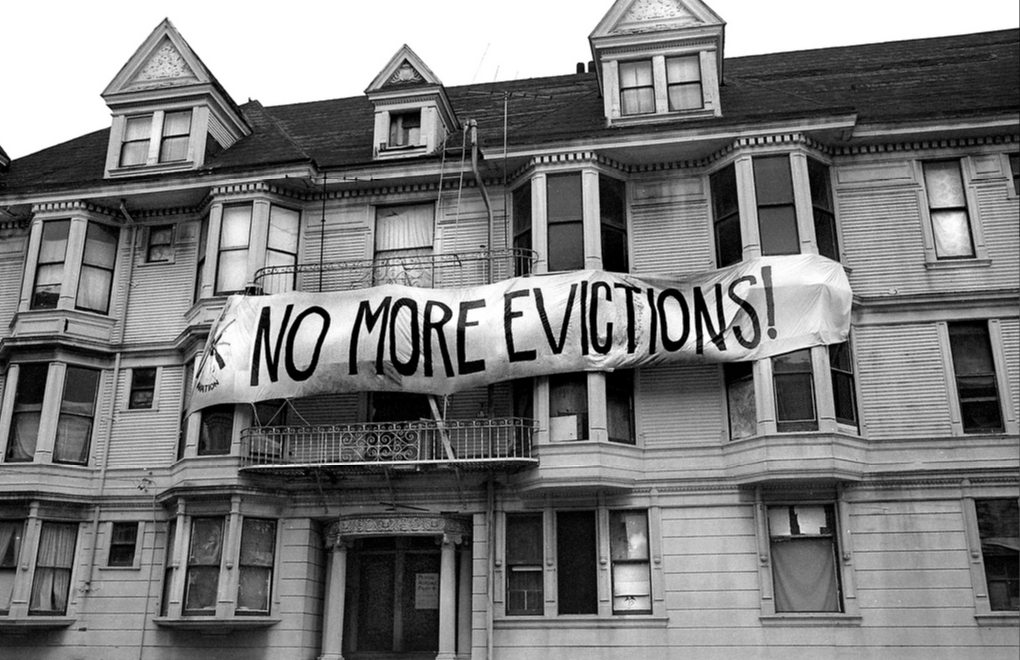A council is a group of tenants who work together to wield collective power against a shared landlord in order to improve their conditions. While, in general, councils may organize for more affordable, habitable, and safer housing, the issues that a council decides to organize around is ultimately dictated by its members. Councils can be powerful because they can directly apply their collective pressure on their landlord without the permission of city hall or other third parties.
TANC will help organize councils and bring them together as a network. While councils interface directly with their landlord, they can find support from other councils who rent from different landlords. We will assist in getting the word out to tenants and researching landlords. Neighbors will get to know each other during dinners, BBQs, and other events that TANC will support. We will compile complaints that are common across councils and aid in seeking their resolution. Councils will discuss and demand timely repairs, and support tenants threatened with eviction. Ultimately, the point is to reconfigure power dynamics of landlords and tenants in the Bay Area.
From individual relationships to collective power
Our ability to secure stable, affordable housing depends on individual relationships with landlords. As renters, we pay a monthly fee (rent) to whoever owns the buildings and land that we occupy. We have little to no control over whether they choose to maintain their properties, raise our rent, harass us in various ways, or try to evict us without reason. Since individual renters need housing more than landlords need individual renters, the default tenant-landlord relationship favors the landlord. Landlords, especially in the Bay Area, know that if they evict an individual tenant, there will be no shortage of prospective tenants lining up to fill the vacancy. As individual tenants, negotiating for habitable conditions and the right to remain is daunting. However, as historical and present day struggles teach us, the fight need not remain an individual one.
When we forge collective relationships out of individual relationships—where tenants confront and negotiate with shared landlords together—we also forge collective struggles out of individual problems. Councils transform the conversation of rent or repairs into a collective discussion. Forcing the landlord to negotiate with all or many tenants empowers us. A landlord may not care if one tenant skips rent, pays late, or requests expensive repairs—or she may retaliate. But if many of her tenants are organized together, these acts become powerful bargaining tools Landlord retaliation becomes more difficult, because an attack on one tenant becomes an attack on all. This is what it means to form a council.
Building solidarity between the housed and unhoused
Everyone has a right to safe housing. We must act in solidarity with our unsheltered neighbors, who are too often pushed aside or marginalized in our society, be it through neglect, a lack of resources, or brutalization at the hands of police. In the housing market, the struggles of renters and their unsheltered neighbors share a single origin. We are through seeing our neighbors evicted, forced to live outdoors, and abused by landlords and the police. Tenant councils will build the connections and solidarity necessary to address the needs and desires of houseless people—many of whom are already self-organized into encampments. In this way, unsheltered people are included in the network of councils.
Why should public housing tenants form councils?
Some of us face precarious housing at the hands of private landlords; others at the hands of the government. While these fights seem distinct, public housing is not outside of the housing market. Public housing is still conditional housing. Those that make it past the barriers of qualification and endless waiting lists face increased surveillance of their daily lives as tenants. While public housing can be more affordable than private housing for those that qualify, it is in no way de-commodified housing.
A livable Bay Area
We demand an end to the exploitation of people in the Bay Area at the hands of wealthy landlords. We demand an end to the burden of skyrocketing rent and unstable housing. We demand an end to the countless evictions that are won and lost in court every day.
Councils are necessary in order to win these demands. No matter how many units a landlord owns, and no matter how nice a landlord might be, councils can protect us from today’s increasingly hostile housing market.

